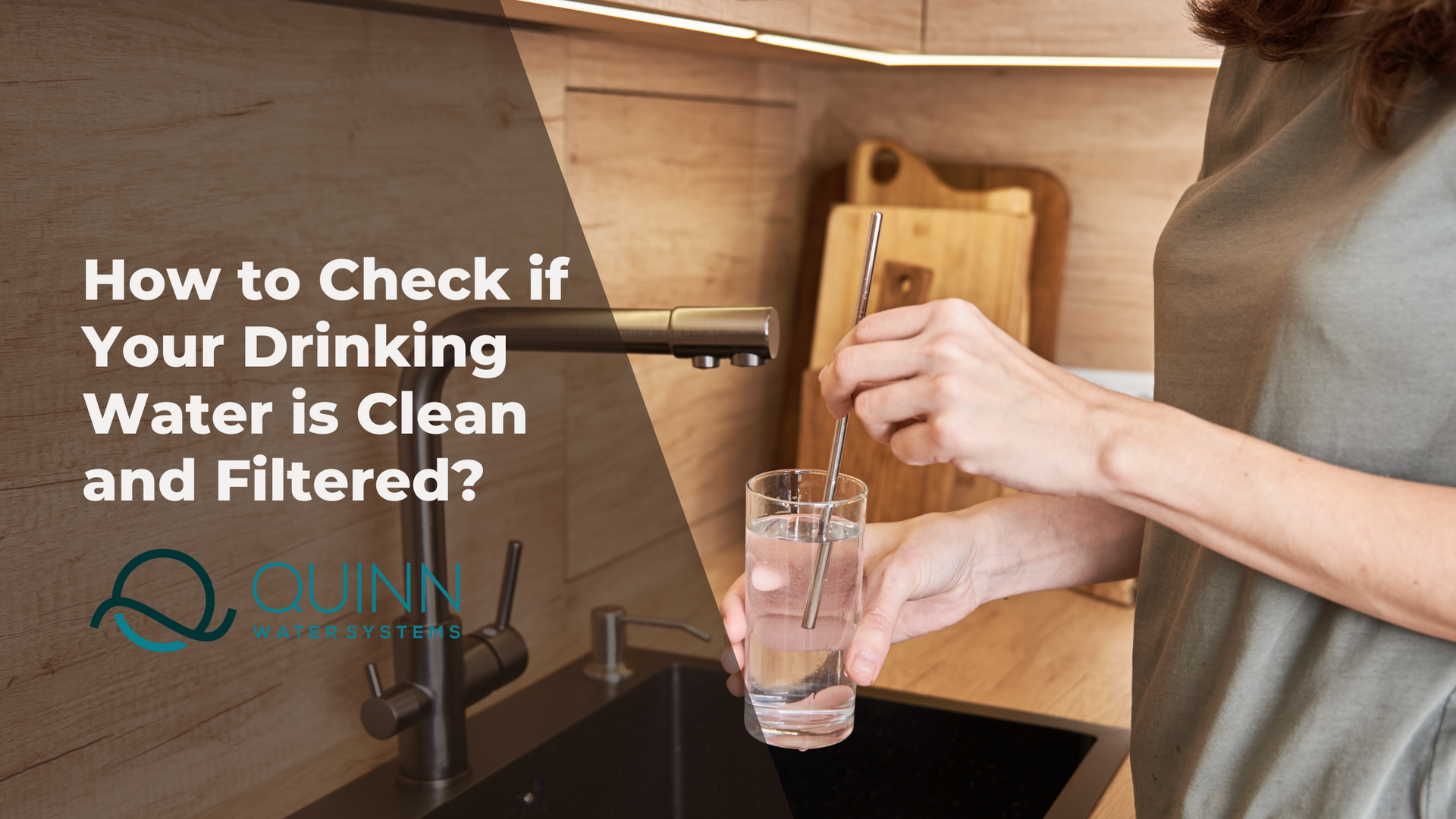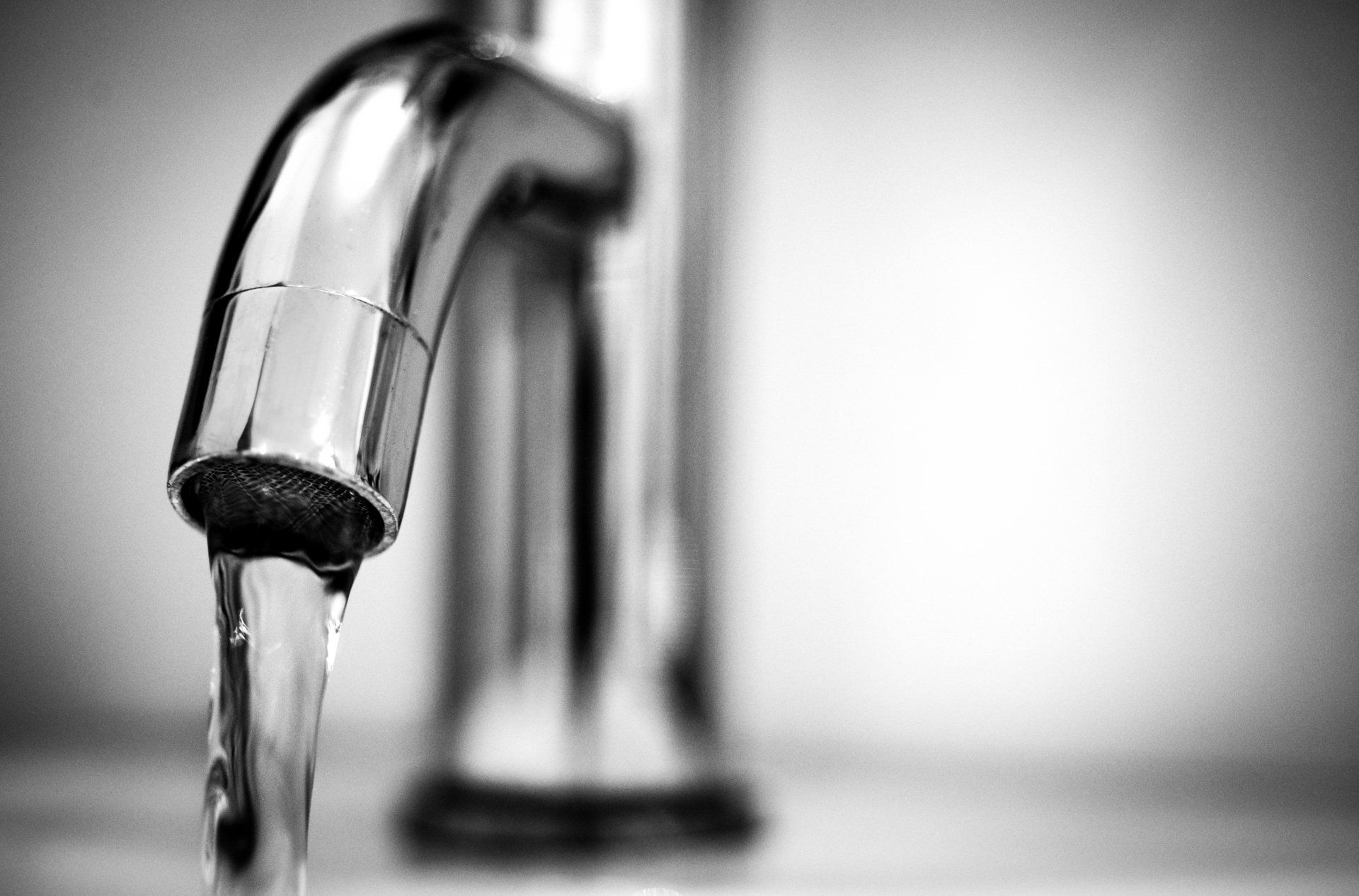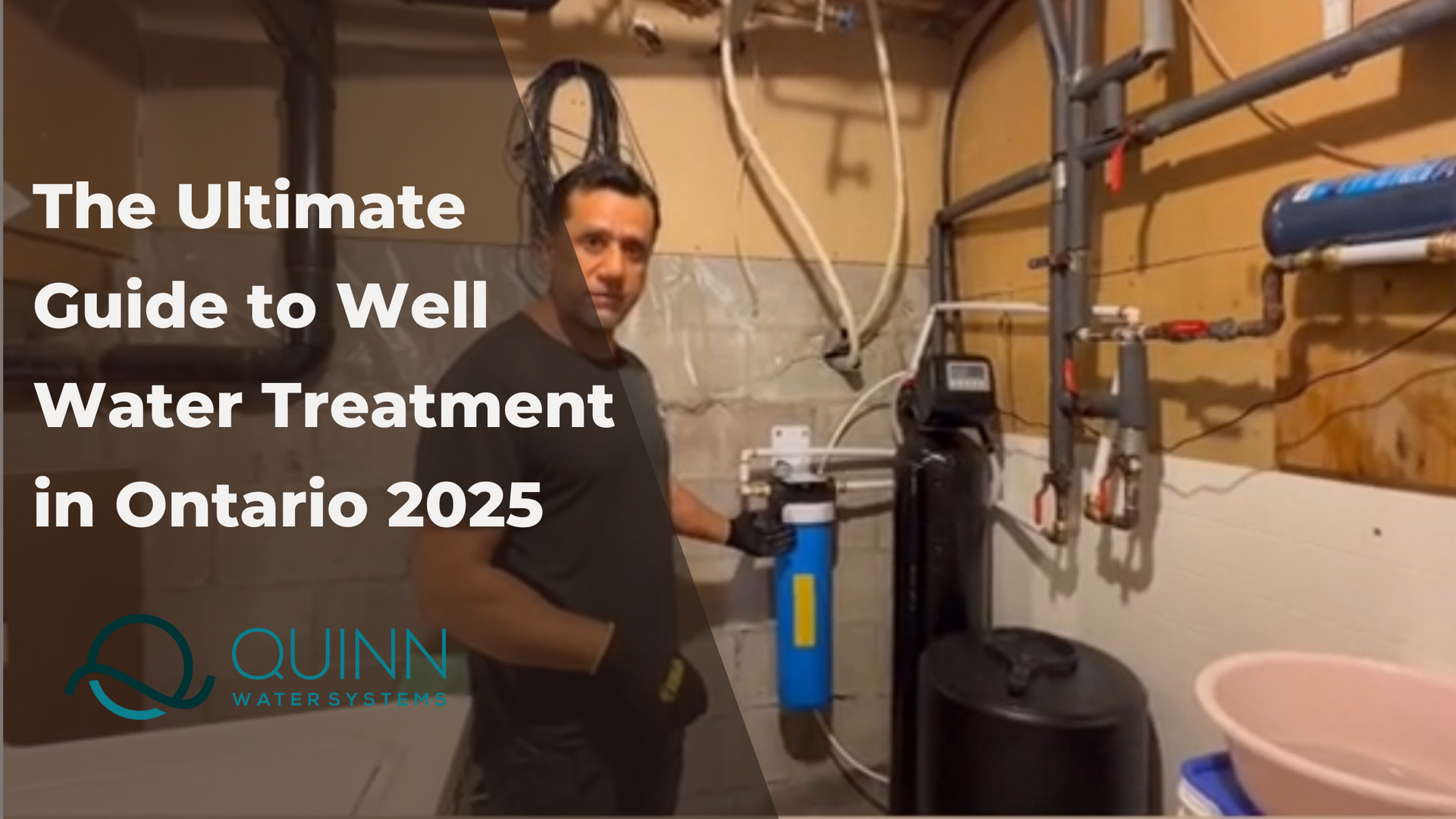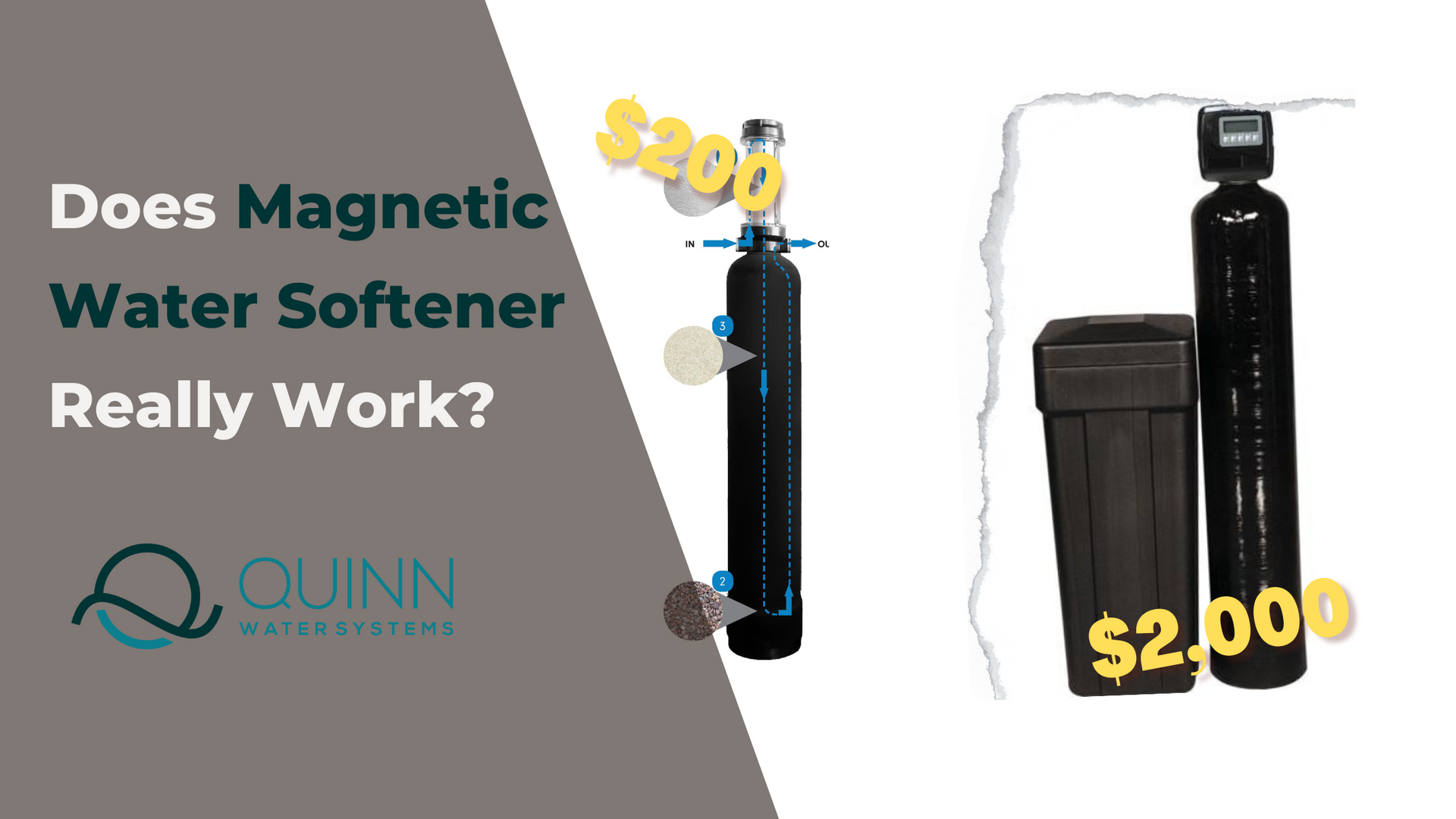Complimentary Well Water Inspection for New Customers
The Ultimate Guide to Getting Your Drinking Water Tested in Ontario
If you live on a private property that is not connected to a municipal drinking water system, it's important to know that you are responsible for testing your own drinking water. This includes private wells, water from cisterns, and treated lake water. As a homeowner, it's essential to ensure that your drinking water is safe and free from harmful contaminants, which is why regular testing is crucial. In this blog post, we'll provide a comprehensive guide to getting your drinking water tested in Ontario, including the different types of testing available, common contaminants found in Ontario drinking water, and tips for maintaining safe and healthy drinking water on your property.
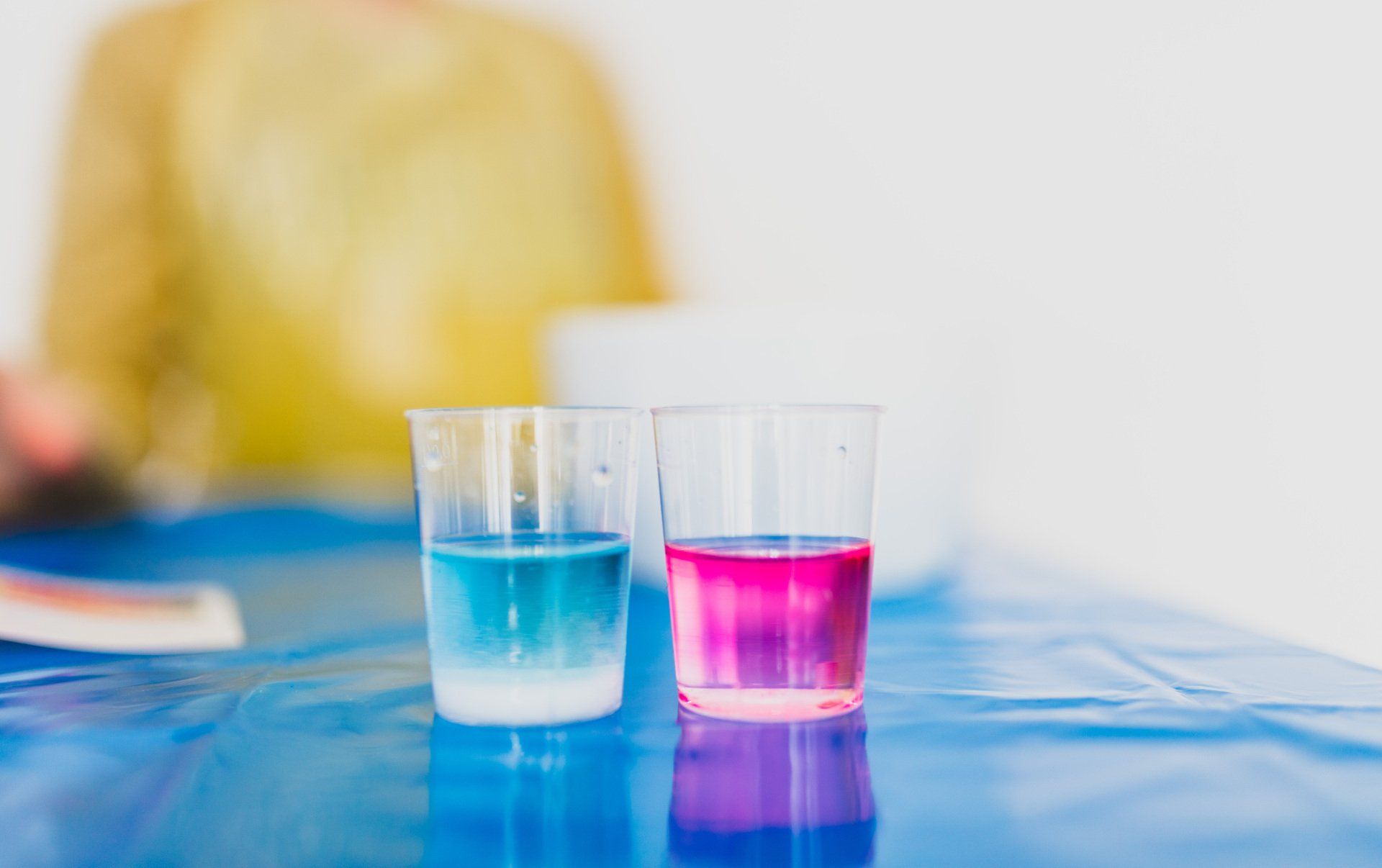
1. How to Test for Bacterial Contamination in Your Drinking Water
There are many different types of bacteria that can contaminate water, and some of the most common include:
- E. coli: This is a type of fecal coliform bacteria that can cause severe gastrointestinal illness, including diarrhea, cramping, and vomiting.
- Coliform:commonly found in animal waste, sewage, and soil and vegetation. The presence of coliforms in your drinking water could be an indication that surface water is entering your well.
- Salmonella: This is another type of bacteria that can cause severe gastrointestinal illness, including fever, abdominal pain, and diarrhea.
- Shigella: This is a type of bacteria that can cause a range of gastrointestinal symptoms, including diarrhea, fever, and stomach cramps.
- Campylobacter: This is a type of bacteria that can cause a severe form of diarrhea, known as campylobacteriosis.
- Legionella: This is a type of bacteria that can cause a serious form of pneumonia known as Legionnaires' disease, which can be life-threatening.
- Cryptosporidium: This is a type of parasite that can cause a range of gastrointestinal symptoms, including diarrhea, cramping, and nausea.
These are just a few examples of the many different types of bacteria that can contaminate water. It's important to regularly test your water for bacterial contamination and take steps to address any issues that are identified. Bacterial contamination is a common issue that homeowners face when it comes to their drinking water. While some types of bacteria are harmless, others can cause serious health problems. In this section, we'll go over the steps you can take to test your drinking water for bacterial contamination, and what you can do if your water tests positive.
The first step in testing for bacterial contamination is to identify any symptoms that may be present in your household. Common symptoms of bacterial contamination include:
- Foul odours or tastes in your water
- Cloudy or discoloured water
- Gastrointestinal issues, such as diarrhea or vomiting
- Skin irritation or rashes
If you're experiencing any of these symptoms, it's important to test your water as soon as possible to determine if bacterial contamination is the cause. You can visit the links below to locate a public health unit in your area.
1. Public Health Units: Free Bacterial Testing
Public health units across Ontario offer free testing for bacterial indicators of contamination. Water collection kits can be picked up and samples can be dropped off at designated locations. This is a great option for homeowners who want a quick and easy way to test their water without spending any.
List of Public Health Units >
Well Water testing Instruction>
2. DIY Bacterial Testing Kits
If you prefer to test your water at home, you can purchase DIY bacterial testing kits from many hardware stores, home improvement stores, and online retailers. These kits typically include everything you need to collect a water sample. However, it's important to note that these kits may not be as accurate as professional testing services.
Read More:
2. How to Test for Chemical Contaminants in Your Drinking Water
In addition to bacterial contamination, drinking water can also be contaminated with various chemicals, including sulphur,
nitrates, and other harmful substances. Testing your water for chemical contaminants is important to ensure that it's safe to drink.
Here are some common symptoms that may indicate the presence of chemical contaminants in your drinking water, and that may warrant testing:
- Unusual taste or odour: If your water has an unusual taste or odour, it could be an indication of the presence of chemicals such as chlorine, sulphur, or other harmful substances.
- Discolouration: If your water appears discoloured, with a brown or yellowish tint, it could be an indication of the presence of metals such as iron or copper.
- Staining: If your water is causing staining on your fixtures or clothing, it could be an indication of the presence of metals or other chemicals.
- Gastrointestinal issues: If you or other members of your household are experiencing gastrointestinal issues such as stomach pain, diarrhea, or nausea, it could be an indication of the presence of harmful chemicals or bacteria in your drinking water.
- Skin irritation: If you're experiencing
skin irritation, such as itching or rashes, it could be an indication of the presence of chemicals such as chlorine or other substances in your water.
If you require more comprehensive water quality information, you'll need to have your water tested by a licensed private laboratory. These labs can provide information on the cost of testing as well as sampling procedures. You can visit the links below to locate a licensed lab or public health unit in your area.
How Regular Water Testing Can Keep You and Your Family Safe
In conclusion, regular water testing is an essential step in ensuring that your drinking water is safe for you and your family. By identifying potential contaminants, you can take the necessary steps to address them and prevent more serious health problems down the line.
If your water tests positive for contamination, it's important to take immediate action to resolve the issue. This could involve installing a filtration system, disinfecting your well or pipes, or seeking professional assistance from a licensed water treatment company.
At Quinn Water Systems, we provide in-home water test services to help you identify any potential contaminants in your drinking water. Our experienced technicians can help you determine the best course of action to address any issues and ensure that your water is safe and healthy for your family.
Contact us today to schedule your water test and take the first step towards a healthier home.
Schedule an In-home Water Test
We will get back to you as soon as possible.
Please try again later.
Blog Posts
Blog Posts
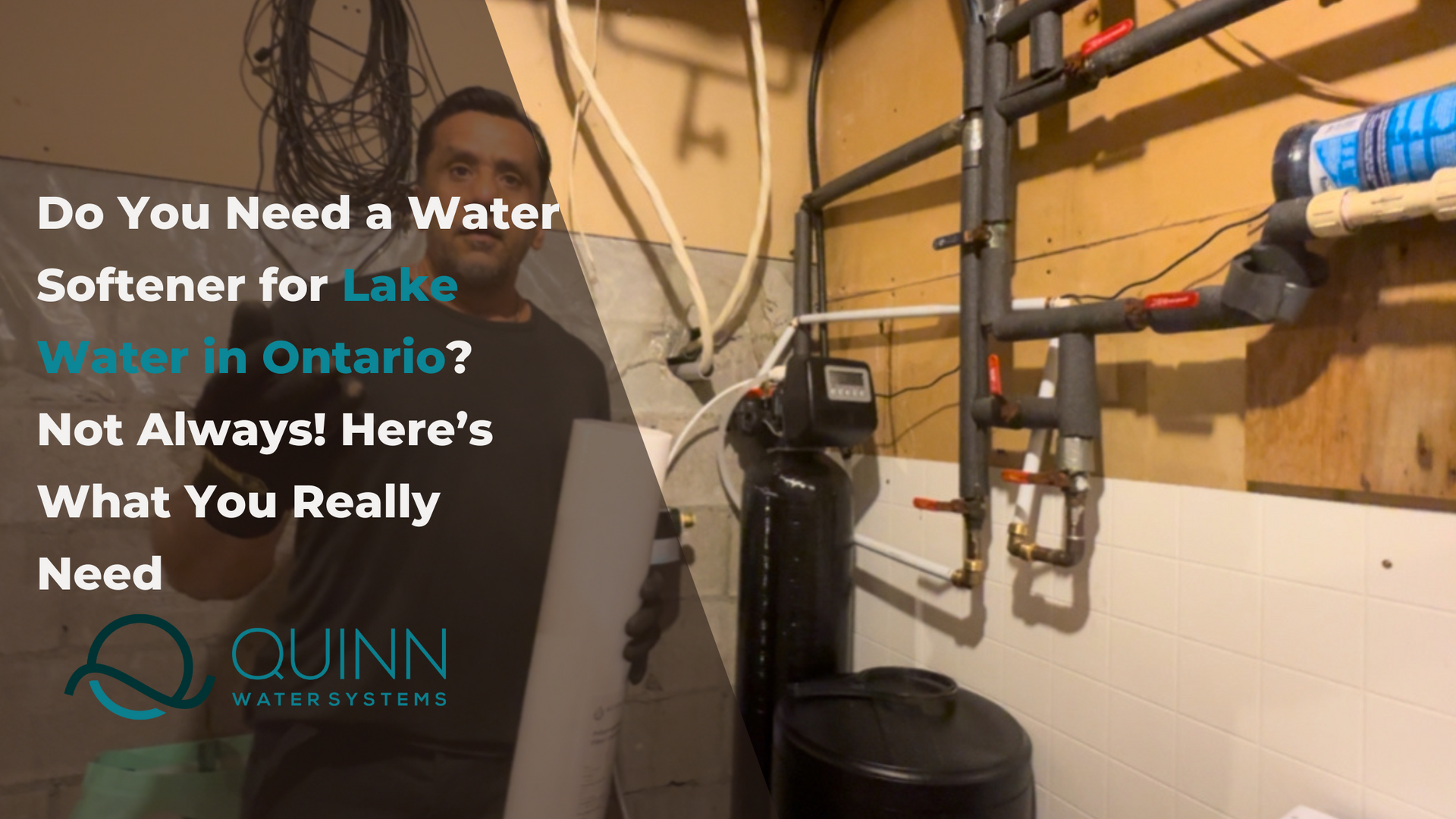
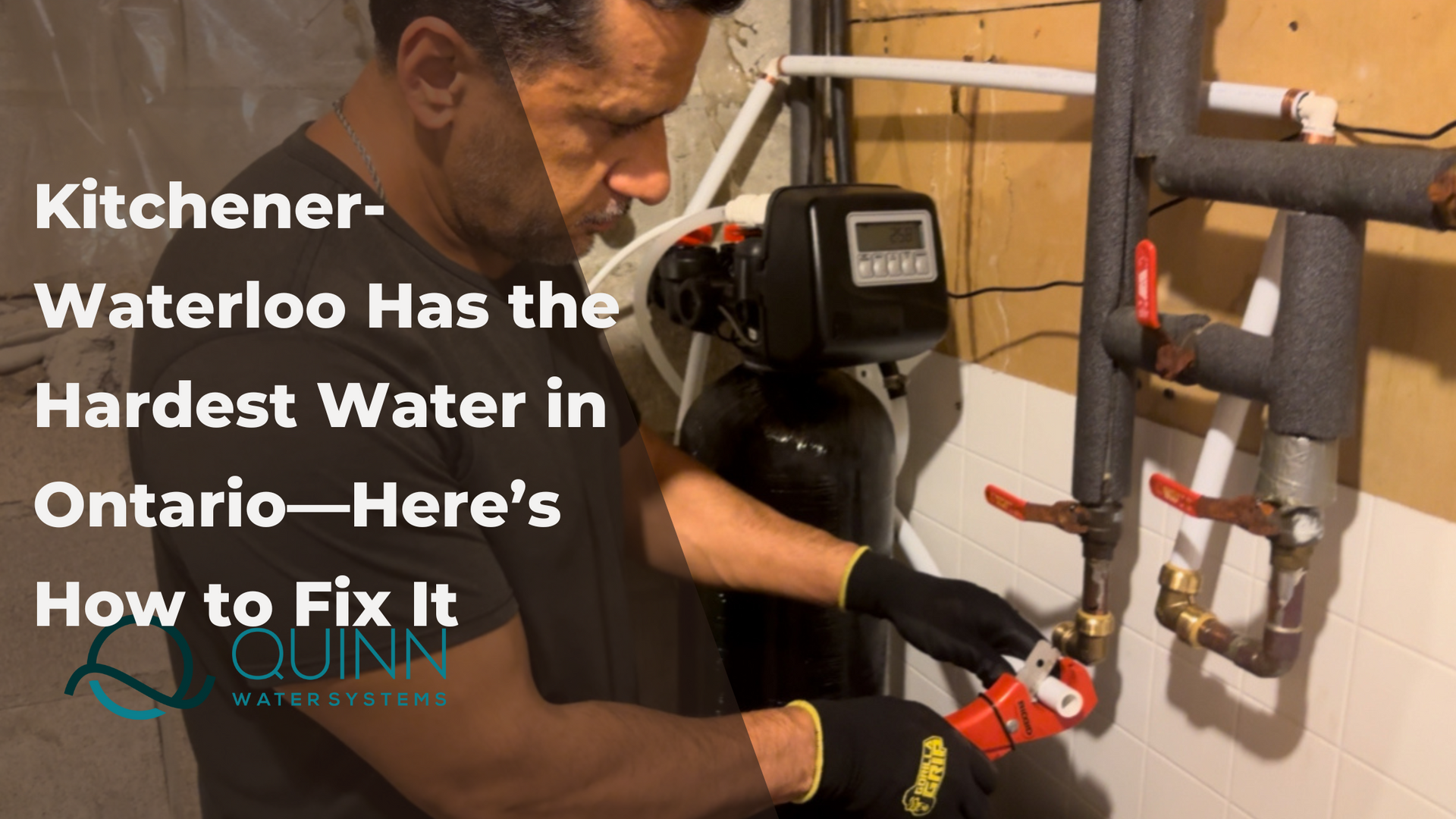
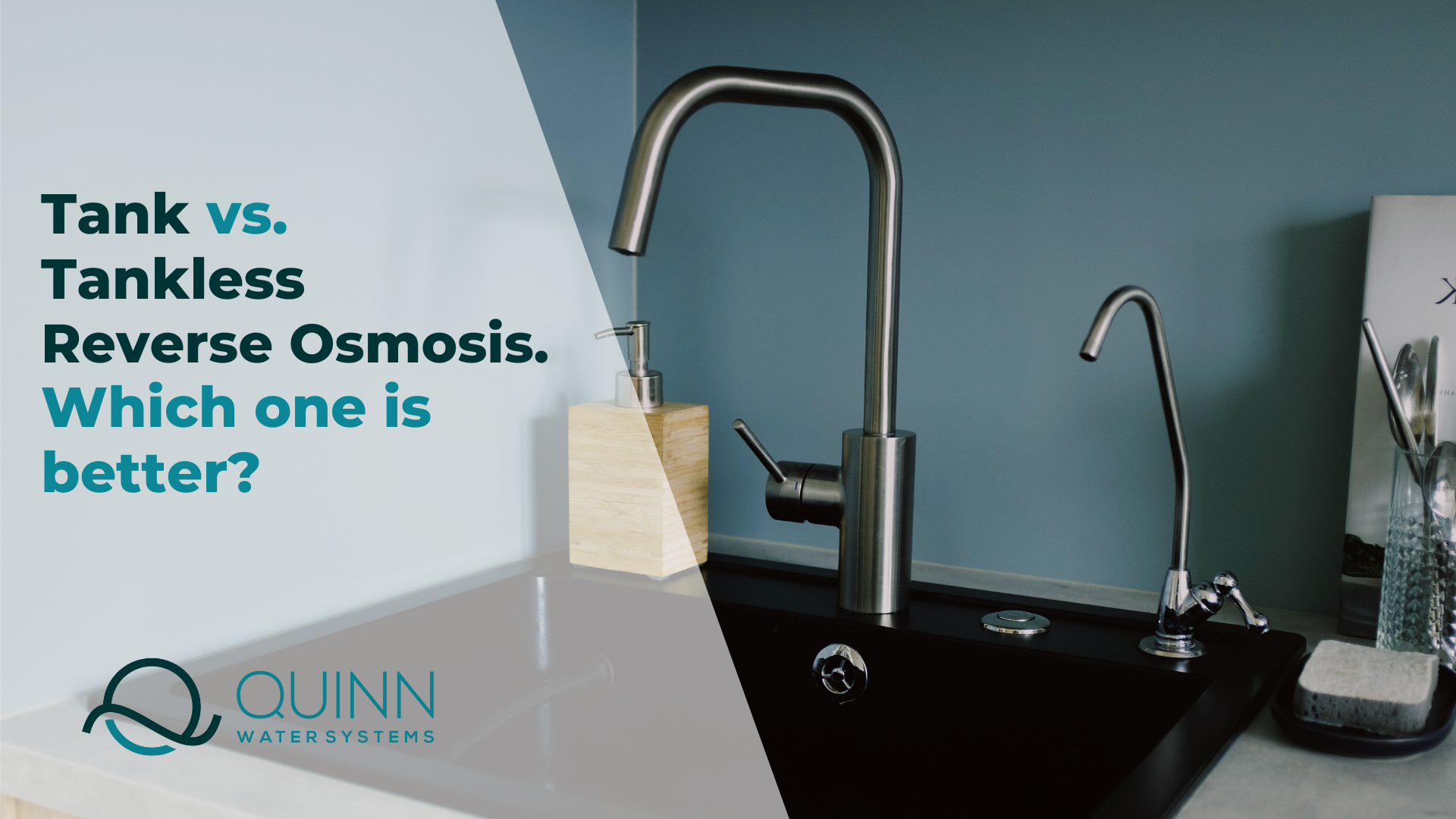
Get Your Water Done RIGHT!
About Us
Client Portal
Client Hub is set up for our clients approve quotes, check appointment details, pay outstanding invoices, print receipts, or request more work-all in one place.
Payment Options



